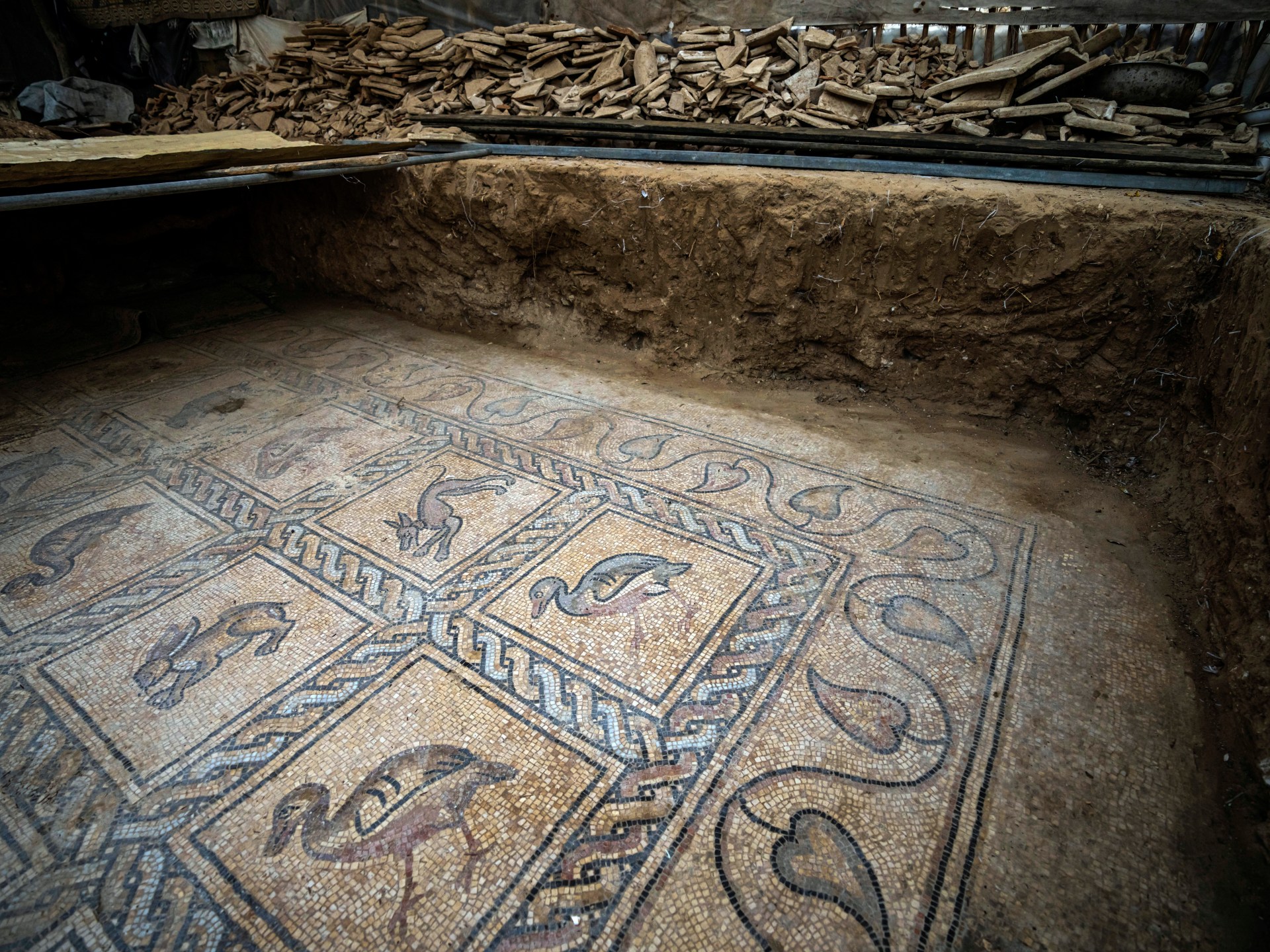- cross-posted to:
- history
- archaeology@mander.xyz
- cross-posted to:
- history
- archaeology@mander.xyz
Since the outbreak of the war in Gaza, more than 200 cultural heritage sites have been destroyed alongside numerous archives, universities, and museums. There have been reports of the Israeli army looting historical artefacts and even displaying some of them at the Knesset.
Destroying Gaza’s heritage has far-reaching social, political, and emotional ramifications. It is a concerted attack on the existence of Palestine and its people.
Beyond producing cultural amnesia around what it means to be Palestinian, heritage destruction symbolises the negation of Palestinian history and right to land. The Israeli obliteration of Palestinian memory is intentional. It is a genocidal strategy, according to the definition laid out by the Polish-Jewish lawyer Raphael Lemkin, who coined the term “genocide” in 1944. This effort to destroy physical links between Palestinians and their heritage is aimed at erasing Palestinian presence and legitimising Israeli settler colonialism.
The Israeli destruction of archaeological sites and looting of artefacts in Gaza also raises questions about archaeology’s purported neutrality in our world. The reality is that archaeology can be deeply political.
The ability to make claims in the present based on material records of the past endows archaeology with great power. Quite literally, archaeologists provide the physical evidence required for the making of historical narratives. Archaeologists thus carry a moral obligation to inform the public of its deeply political nature.


